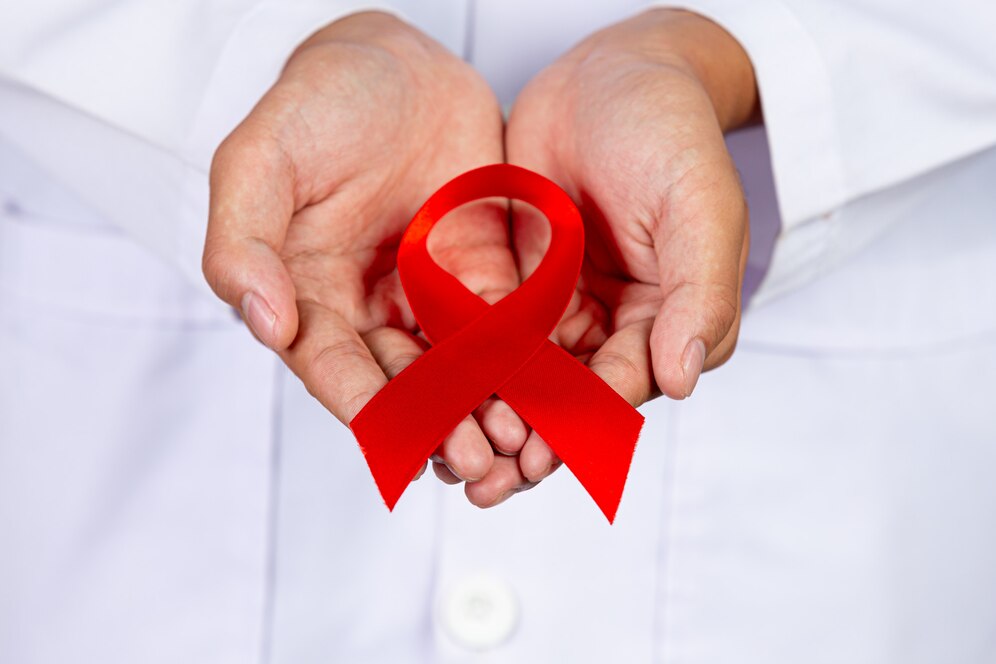Thalassemia
Thalassemia, commonly known in Mediterranean regions as Familial Mediterranean Anemia, is a hereditary condition characterized by impaired production of the globin chains of hemoglobin—the molecule responsible for the red color and oxygen transport in our blood. It typically manifests in forms such as Beta-thalassemia or Alpha-thalassemia, depending on which globin chain is affected.
Management
The management of thalassemia varies based on its severity:
- Thalassemia Minor: Carriers usually require no treatment but are advised to undergo genetic counseling.
- Thalassemia Intermedia: Patients may need periodic blood transfusions.
- Thalassemia Major: Frequent blood transfusions are necessary, and after the age of 2, iron chelation therapy is initiated to manage iron overload.
The ultimate treatment for severe cases is bone marrow transplantation, particularly effective if a compatible sibling donor is available. This procedure can potentially cure the disease, alleviating the need for lifelong transfusions and preventing iron overload complications such as heart failure and cirrhosis.




